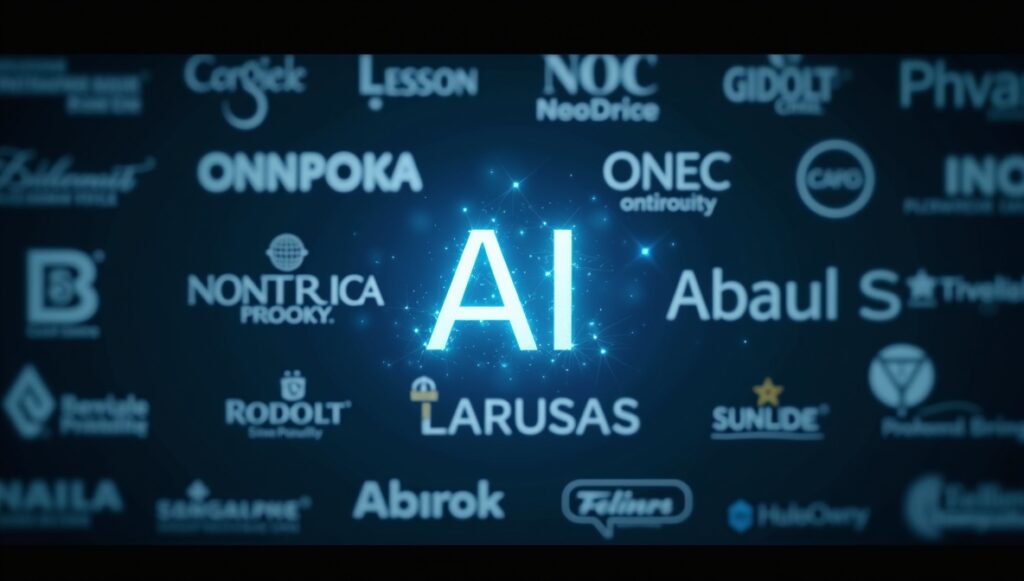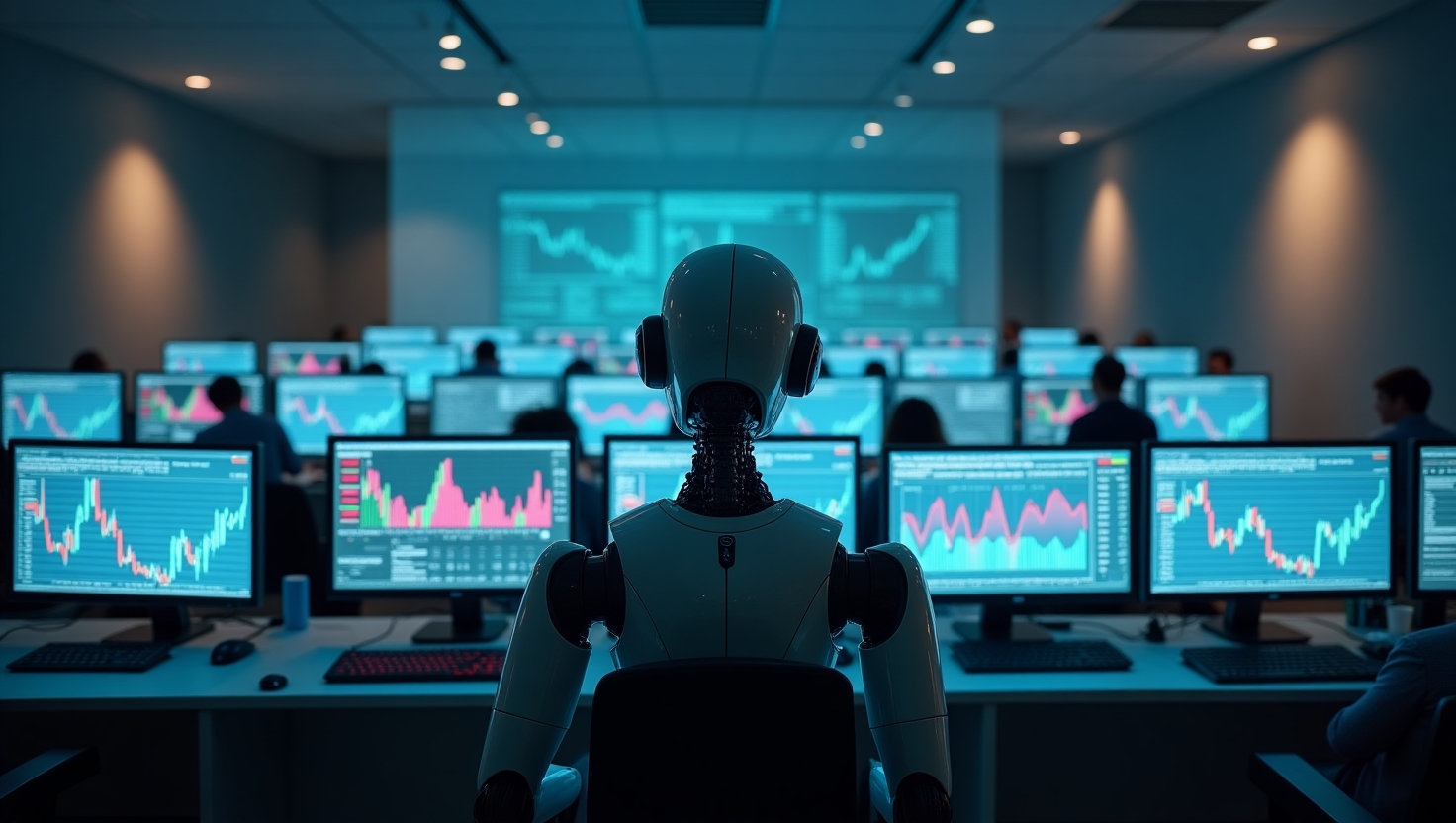These days, the stock market is reflecting the anxiety within the biotech and pharmaceutical industries as they navigate a complex landscape of shifting priorities and economic uncertainty. On one hand, the potential return of Trump-era tariffs (see article in Financial Times “Trump demands drug companies lower prices before end of September”) is creating an atmosphere of unpredictability, forcing companies to reassess costs and global supply chains. On the other hand, artificial intelligence (AI) remains the dominant narrative across industries. And that’s exactly where the money is going right now.
AI Is a Powerful Tool – But Still Just a Tool
There’s no doubt that AI offers massive potential, and its applications will shape industries for years to come. But it’s also clear that AI is experiencing a moment of hyper-hype. At the end of the day, markets are driven by user demand, not buzzwords. People don’t use products simply because they involve AI—they use them because they solve a problem, offer value, or improve an experience. If AI contributes to that value, great—but it’s not the main selling point.
In biotech and pharma, AI will become a powerful tool among many. These companies will continue doing what they’ve always done: developing medicines, biologics, and therapies that improve human health. While capital is currently flowing into AI-related ventures, it’s worth remembering that, ultimately, the companies addressing real human needs—such as curing disease or extending healthy lifespan—will stand the test of time.
Biotech and pharma are still deeply engaged in essential research areas: cancer treatment, genetic therapy, drug development, regenerative medicine, and longevity science. Once the AI hype cools—and hopefully not triggered again by a crisis like the COVID-19 pandemic—public attention and investment may return to the enduring and vital mission of health and life sciences. When that happens, the sector’s stocks are likely to bounce back.
Adaptation of AI by the Biotech and Pharma companies

While the buzz around AI often focuses on tech giants, biotech and pharma companies have not been left behind. Many of them are already integrating AI into key areas of their operations—quietly, strategically, and with long-term impact in mind. Unlike consumer tech, where AI applications can be rapidly deployed and iterated, the life sciences require a more deliberate approach due to strict regulatory environments, data privacy concerns, and the complexity of biological systems.
Targeted Use Cases, Real Value
The most common and impactful applications of AI in the life sciences today include:
- Drug Discovery: AI is helping scientists sift through vast molecular libraries to identify promising drug candidates faster and more accurately than traditional methods.
- Clinical Trials: AI can optimize trial design, improve patient recruitment, and identify risks early by analyzing real-world data and patient records.
- Precision Medicine: AI supports the development of personalized therapies by analyzing genetic data and predicting patient-specific responses to treatment.
- Manufacturing Optimization: Predictive maintenance, process automation, and quality control can be enhanced through AI-driven analytics, leading to cost savings and improved reliability.
- Regulatory Compliance & Documentation: Natural language processing tools are being used to automate documentation processes and ensure regulatory adherence with less manual effort.
These are not speculative future applications—they’re happening now. Companies like Novartis, Roche, Pfizer, and BioNTech have already formed partnerships with AI startups or built in-house teams dedicated to machine learning and data science. The transformation is underway, but it’s not flashy. It’s methodical, rooted in science, and focused on outcomes that matter.
Conclusion
While AI continues to dominate headlines and drive investor excitement, it’s essential to remember that it is a means to an end—not the end itself. In biotech and pharma, the ultimate goal remains unchanged: improving human health and saving lives. AI will play a transformative role in this mission, but it will never replace the deep scientific knowledge, regulatory understanding, and ethical responsibility that define the industry.
Similar articles:

No responses yet